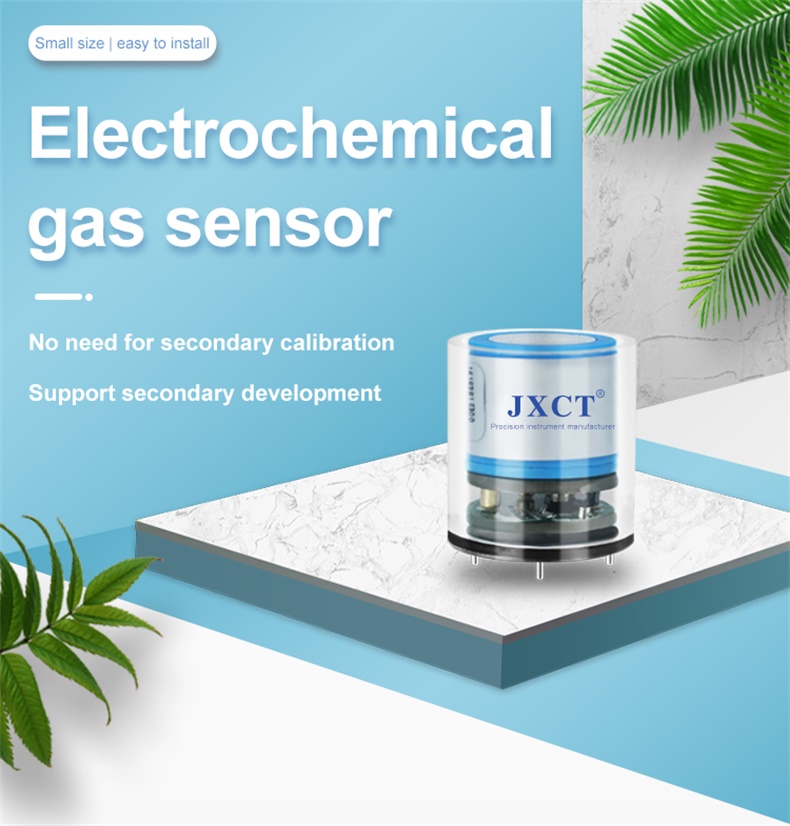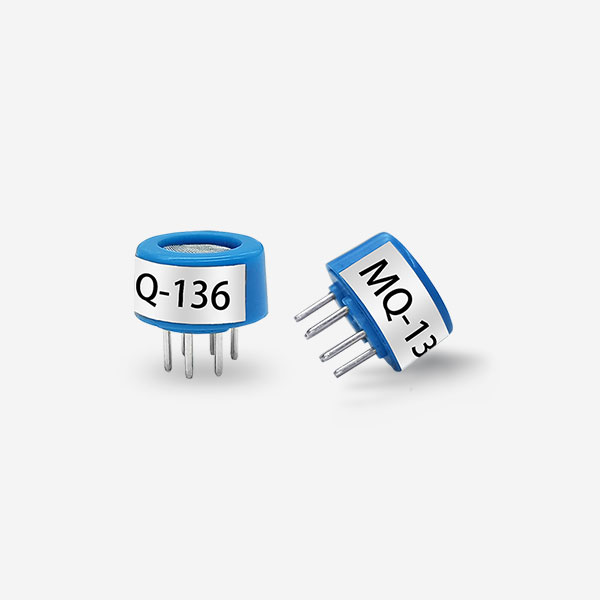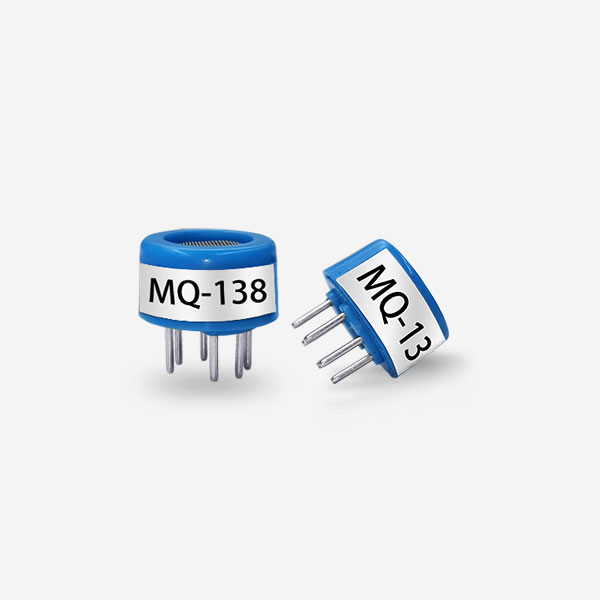What is hydrogen chloride?
A hydrogen chloride (HCl) gas detector, also known as an HCl gas meter, detects and monitors the concentration of hydrogen chloride (HCl) in the air.

Monitoring principle of hydrogen chloride sensor
The hydrogen chloride gas sensor utilizes the principle of electrochemical gas detection and adopts a three-electrode structure design. The device has a built-in high-precision electrochemical gas sensor, which oxidizes or reduces hydrogen chloride gas at the electrode to form a current, and the hydrogen
chloride gas concentration can be determined by detecting the current size. The sulfur dioxide sensor has high-precision amplification, denoising, and temperature compensation. Electrochemical hydrogen chloride sensor has the characteristics of high response accuracy and good consistency.
What Does a Hydrogen Chloride Meter Detect?
A hydrogen chloride detector senses HCl gas and displays the levels in parts per million (ppm).
This is because the fuel and steel industries use more hydrogen chloride, increasing the demand for hydrogen chloride detectors. To ensure the safe use of this gas, every plant requires the use of HCl gas detectors.
Can I Smell Hydrogen Chloride Gas?
Humans can smell hydrogen chloride gas. Hydrogen chloride gasdescribed to have a pungent and irritating odor. The hydrogen chloride odor threshold is between 0.3 and 0.8 ppm.
How Does a Hydrogen Chloride Gas Sensor Work?
A hydrogen chloride gas detector is composed of electronics and an HCl sensor. The gas sensor converts the detected gas concentration to an electronic signal for analysis by the onboard microprocessor. After receiving the electrical signal, the processor displays the HCl concentration reading. If the measurement exceeds the pre-set alarm value, the alarms are triggered.
 : +86 155 8830 2704
: +86 155 8830 2704 : jxdziot@gmail.com
: jxdziot@gmail.com
